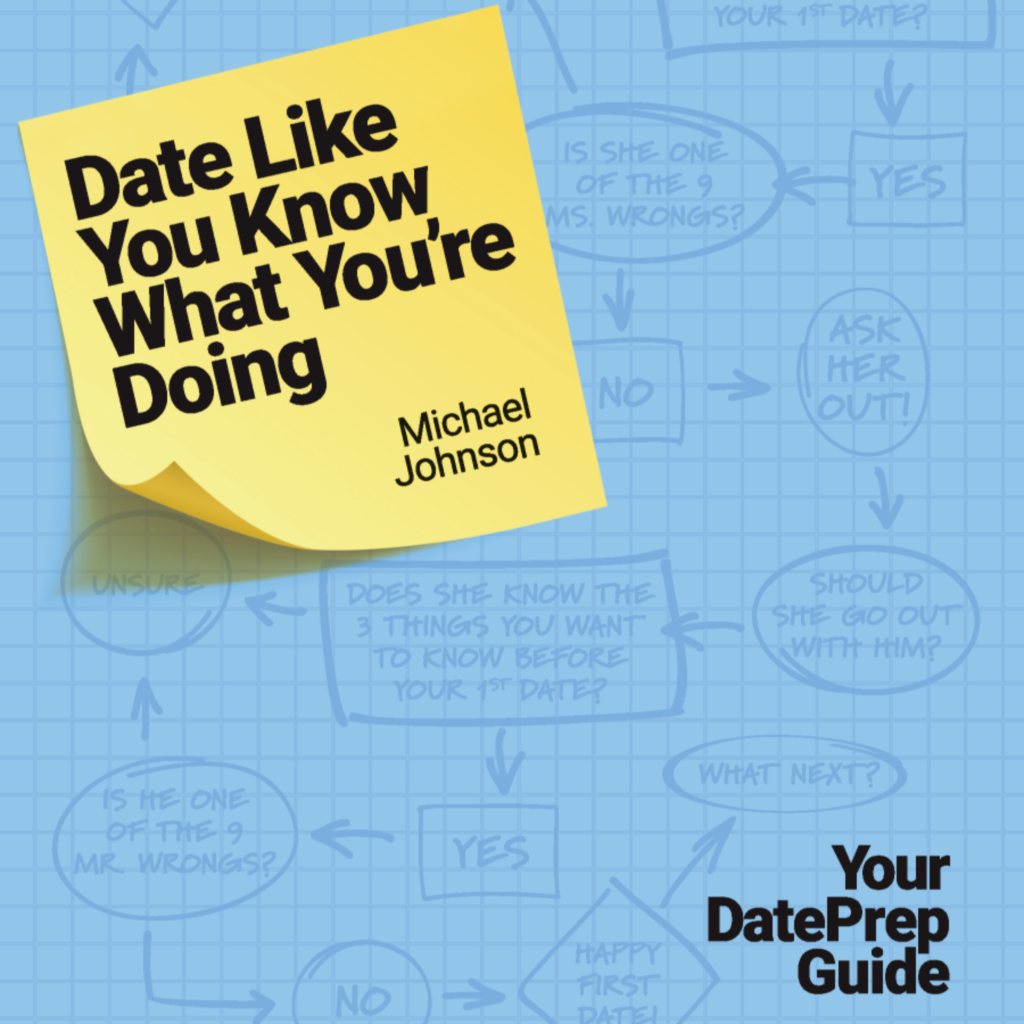Date Night Advice series: TOP10 Dumbest Reasons to Date
Dumb Reason #3: Romance
 Last week I let the metaphorical cat out of the proverbial bag, that #3 of the TOP10 Dumbest Reasons to Date is romance. I make this unpopular claim not because I think romance is a bad thing, but because it’s not the real thing. That is, romance is not the truest, deepest, relational need of your soul, but it feels that way when you’re experiencing it.
Last week I let the metaphorical cat out of the proverbial bag, that #3 of the TOP10 Dumbest Reasons to Date is romance. I make this unpopular claim not because I think romance is a bad thing, but because it’s not the real thing. That is, romance is not the truest, deepest, relational need of your soul, but it feels that way when you’re experiencing it.
On first glance, this may not seem all that alarming. After all, chocolate may not be the truest, deepest dietary need of your body (or maybe it is… No it’s not… IT IS! IS NOT!!), but a little chocolate never hurt anybody.
Imagine though, that when you fell in love with chocolate, it not only proved addicting, but consuming, to the extent that chocolate was the only thing you could think about. You couldn’t concentrate on your work. You couldn’t carry on a normal conversation. You couldn’t sleep at night. Now that would be a mite disturbing. No?
What if it was even worse? What if chocolate so altered your reality, you didn’t want to eat anything else. Or forget about mere desire, what if chocolate completely masked your need for all the good stuff of a balanced diet, like protein and vitamins, so that you actually stopped eating anything else.
If this happened to you, your loved ones would check you into a hospital.
However, look what happens when people fall in love.
Though romance generally won’t keep you from eating, it can make you crazy. (Isn’t that one of the reasons we enjoy it?) However, instead of intervention, the most common reaction of family and friends to a loved one’s overdose on infatuation is to say, “That’s great! We’re so happy for you!”
But along with temporary insanity, romance can cause you to miss out on meeting vital relational needs, like intimacy.
What’s wrong with that?
Nothing, except that intimacy – not romance – is the relational need for which your heart beats: The desire to know and be known.
This is a need much different from belonging (which we addressed earlier). You can feel like you belong without ever sharing on a relationally intimate level with anyone. This happens all the time in office buildings, sports arenas, school cafeterias, online social networks and (sadly) churches. However, if you share a healthy intimate relationship with someone, you will automatically feel like you belong. Belonging is part of the package intimacy delivers. It’s also one of the reasons intimacy is so important.
Have you ever considered how deeply you long to know and be known by the most important people in your life?
It might help to imagine yourself laying on your deathbed and suddenly realizing, after it’s too late, that the people who were closest to you never actually knew the real you; that you were too afraid to share your deepest longings, your greatest fears, your secret hurts or your treasured memories. And worse, as you lay there waiting for death, the reality begins to sink in that you never really knew the people closest to you either. You couldn’t give yourself wholeheartedly to others and no one could truly entrust themselves to you.
The reason that scenario sounds so heartbreaking is because we were created for relationship by a God who existed in relationship before time began. That God wants us to know Him – not know about Him – know Him, up close and personal. Then He wants us to share a similar depth of intimacy with those closest to us. Certainly that would include your future mate.
But when the luv bug bites – especially when it does so early in a relationship – the possibility of experiencing true relational intimacy dissipates much the way the blood drains out of your body after a crocodile has bitten off your leg. The bug bite may be more enjoyable than the croc, but both are deadly. This is because your need for healthy, vibrant, non-sexual intimacy is just as real as your need for blood circulation.
Why does romance interfere with your ability to experience intimacy? That’s what we’ll talk about next week. In the meantime, I encourage you to ponder these questions:
- Have you already experienced a relationship where you suspect romance may have played a part in its demise?
- Do you know someone who seems to be “addicted to love,” but who can’t seem to grow in lasting intimacy with anyone?
- Have you ever heard someone say something like, “I only just met them last week, but I feel like I’ve known them my whole life”? What do you think that means?
DNA: It’s What’s For Dating
The LoveEd study guide series, Beyond Sex & Salvation, will help you understand and grow in relational intimacy. Check out the first two 8-lesson study guides in our store. Then put together an FMU LoveEd small group study with same-gender friends and you’ll actually grow in relational intimacy together.
image source: flickr.com/photos/korona4reel





